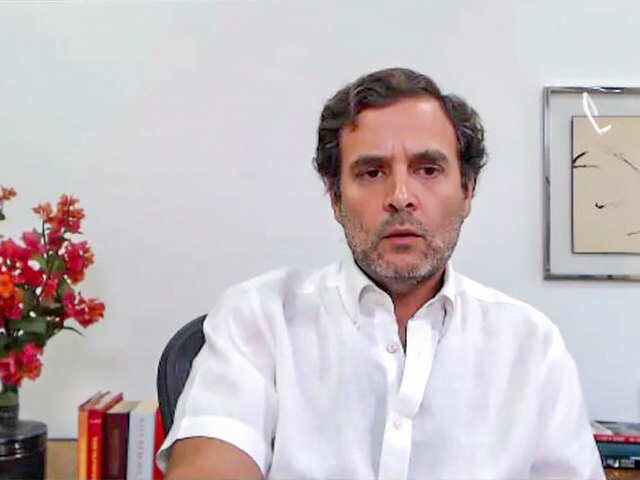
Jalandhar, August 19: With Hindus who migrated from Pakistan more than a decade ago struggling to get Indian citizenship, they are unable to help Hindus in Pakistan, who want to come to India, due to discriminatory treatment.
"I am getting calls and message from my relatives asking for help in crossing the border and coming to India. However, when we have not been granted citizenship even after 13 years, we are unable to help them," said Ashok Kumar, who migrated to India in 1999 and is settled in the city.
More than 250 families have been awaiting citizenship in Jalandhar.
"We have requested the authorities to grant us Indian citizenship after submitting complete documents, a number of times, but it seems our file is yet to move forward."
Three months ago, residents received a communication from the deputy commissioner asking for resubmission of required documents with personal verification.
"However, we are ready to extend all possible help to Hindus who manage to cross the border into India, as we can understand their plight," Kumar, a supervisor in a sports goods factory, said.
"We applied for Indian citizenship, which has been denied till now.
Ultimately, our passport expired in 2006." Kumar said, adding that the district administration had also sent some letters, some of which instructing them to go back to Pakistan.
When contacted, deputy commissioner, Priyank Bharti, told HT that few months ago, he had received a communication from state's home department, wanting him to conduct verification of migrated Hindus. Accordingly, the list of verified names was sent.
However, later the home department had raised some objections on some names.
"Personal inquiry of some of the applicants is still pending, which will be cleared soon," he said. He added that once the process was complete, the state home department would send the final list to the union home ministry for final approval of granting citizenship.
Kaushlya Devi, 60, another migrant, said that she along with family members took shelter in India, after facing a threat to their lives in Sialkot, Pakistan.
"In Pakistan, fundamentalists were pressuring us to adopt Islam. When we opposed the diktat, we were harassed and mentally tortured," Kaushalya said.
She added that each migrated family had shelled-out Rs. 15,000 on completing the files for wanting citizenship, but nothing had been accomplished.
Hans Raj, 68, said that during his stay in Pakistan, his religion came in the way of his marriage. Finally, he decided to shift to India.







Comments
Add new comment